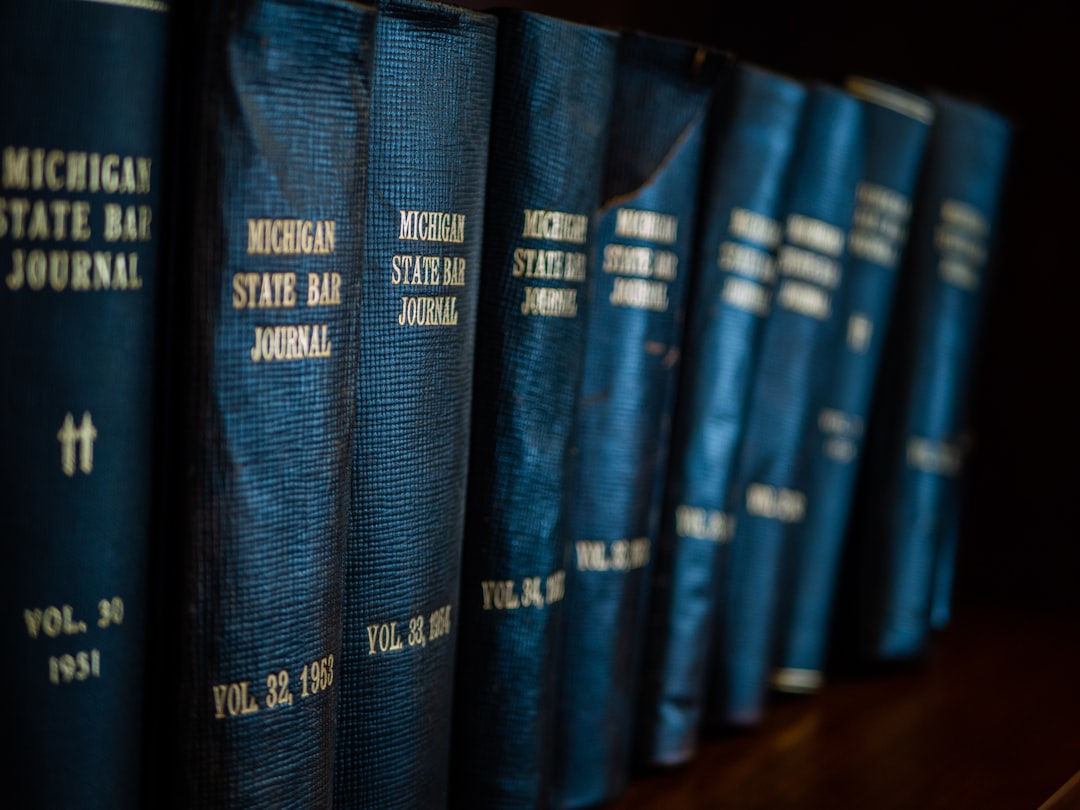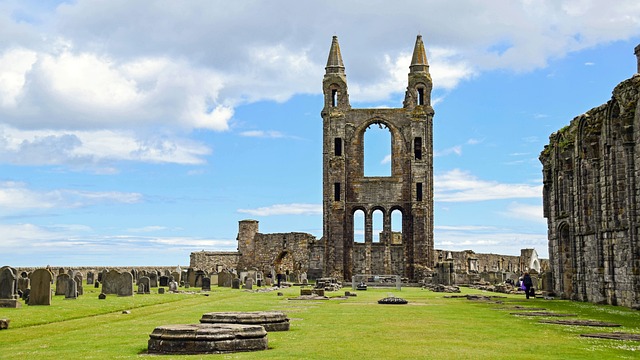Elder abuse in St. Louis, including physical, emotional, financial, and sexual exploitation, demands vigilance from families, caregivers, and healthcare providers. Signs to watch for include behavioral shifts, unexplained bank account changes, poor hygiene, unexpected pregnancies, or altered sexual behavior. Prompt reporting to authorities and consultation with elderly sexual assault attorneys St. Louis are crucial steps for protection. Missouri laws strictly protect seniors from abuse, with these attorneys advocating for victims' rights and holding caregivers accountable. Collaboration between all stakeholders is essential for early intervention, training, open communication, and collective responsibility in safeguarding vulnerable adults.
In St. Louis, protecting vulnerable elders from abuse is a shared responsibility among families, caregivers, and healthcare providers. This comprehensive guide explores essential procedures for recognizing and reporting elder abuse, including specific focus on elder sexual assault. Learn about your rights and obligations, understand the legal aspects as supported by elderly sexual assault attorneys in St. Louis, and discover strategies to prevent and address abuse within our community.
Recognizing Signs of Elder Abuse

Elder abuse can take many forms, including physical, emotional, financial, and sexual exploitation. Recognizing the signs is crucial for families, caregivers, and healthcare providers in St. Louis. While physical injuries like bruising or broken bones are obvious indicators, other red flags include sudden changes in behavior such as increased anxiety, withdrawal from social activities, or unusual aggression or passivity.
Financial abuse might manifest as unexplained bank account deductions or large, unexpected transactions. Caregivers should also be alert to signs of neglect, such as poor hygiene, malnutrition, or a home environment that is unsafe or unclean. In cases where the elderly individual may be vulnerable to sexual assault, look for changes in sexual behavior, unexpected pregnancies, or evidence of non-consensual intimate interactions. Prompt reporting to local authorities and consultation with elderly sexual assault attorneys St. Louis can help ensure the safety and well-being of the affected individual.
Reporting Procedures for Families

In St. Louis, families play a crucial role in identifying and reporting potential elder abuse. If you suspect a loved one is experiencing any form of mistreatment, including emotional, physical, or sexual assault, it’s essential to take immediate action. The first step is to gather evidence discreetly and document the instances of abuse. This can include taking notes on suspicious behaviors, injuries, or changes in their living conditions. Once you have some record-keeping in place, families are encouraged to report their concerns to local authorities or a designated adult protective services agency.
Elderly sexual assault attorneys in St. Louis recommend that families reach out to these agencies directly, providing them with as much detail as possible. The city’s healthcare providers and social workers are also obligated to report any suspected cases of elder abuse, ensuring that the well-being of St. Louis’ elderly residents is prioritized. Remember, timely reporting can make a significant difference in preventing further harm and ensuring access to necessary support services.
Legal Aspects: Elder Sexual Assault

Elder sexual assault is a grave concern within the senior care system, and it’s crucial that families, caregivers, and healthcare providers in St. Louis are aware of their legal obligations to report such incidents. In Missouri, as in many states, there are strict laws in place to protect the rights of the elderly and penalize perpetrators of sexual abuse. Elderly sexual assault attorneys in St. Louis play a vital role in ensuring that victims receive justice and that caregivers are held accountable for their actions or inaction.
The reporting procedures for such cases are designed to foster a safe environment for seniors while holding offenders responsible. Anyone who suspects or witnesses elderly sexual assault must immediately notify local law enforcement or relevant authorities, as failing to do so may result in legal consequences. These attorneys specialize in navigating the complexities of these cases, providing guidance to families and caregivers on their rights and responsibilities, and advocating for victims’ needs within the legal system.
Caregiver Responsibilities and Protections

In the complex dynamic between caregivers and the elderly, it’s crucial to understand both responsibilities and protections. Caregivers play a vital role in ensuring the well-being and safety of their charges, which includes being vigilant against potential abuse or neglect. This responsibility extends to recognizing any signs of physical, emotional, or sexual exploitation—including, but not limited to, unusual behavior changes, unexplained injuries, or financial irregularities.
St. Louis elderly sexual assault attorneys often emphasize the importance of reporting such incidents promptly. Caregivers are protected by law in their efforts to expose abuse; in fact, omitting to report suspected maltreatment can lead to legal repercussions for those who have knowledge and fail to act. This encourages a culture of transparency and accountability, fostering an environment where elderly individuals feel safe and supported.
Preventing and Addressing Abuse in St. Louis

In St. Louis, preventing and addressing elder abuse is a collective responsibility that involves families, caregivers, and healthcare providers. Recognizing the signs of abuse is crucial, as early intervention can significantly mitigate harm. Abuses can range from physical and emotional manipulation to financial exploitation and, in severe cases, elderly sexual assault. If you suspect any form of abuse, it’s essential to report it immediately to local authorities or trusted organizations dedicated to elder care. Elderly sexual assault attorneys in St. Louis play a vital role by offering legal assistance to victims and ensuring justice is served.
Caregivers and healthcare providers are often in the best positions to spot potential issues due to their regular interactions with seniors. They should be equipped with training on recognizing abuse and reporting procedures, fostering an environment where open communication encourages elders to share concerns without fear of retaliation. By working together, these stakeholders can create a supportive network that protects vulnerable adults and promotes their well-being.





